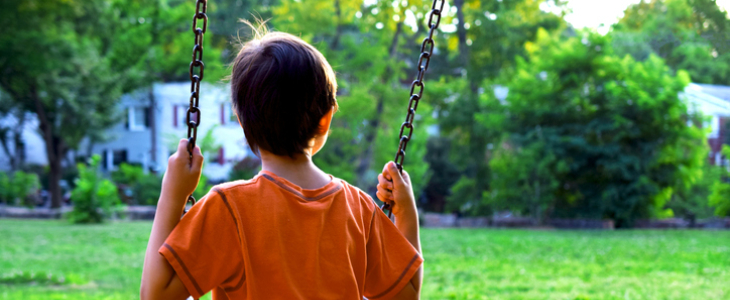In cases concerning child custody, children’s preferences significantly influence court decisions. As family dynamics change and children grow older, their desires regarding living arrangements become a crucial consideration. Florida’s legal system considers children’s wishes while balancing their input with other essential factors to determine outcomes that serve their best interests.
Understanding Child Custody in Florida
In Florida, child custody is categorized into parental responsibilities and time-sharing. Parental responsibility refers to the parent’s authority to make significant decisions about the child’s upbringing, including education, health care, and religious practices. Time-sharing determines with whom the child will primarily reside. When making child custody decisions, Florida courts are guided by the overarching principle of the child’s best interests. This involves a careful evaluation of several factors, including the child’s health, safety, educational needs, and emotional ties with each parent. The state maintains a neutral stance regarding the parent’s gender, focusing instead on fostering an environment that supports the child’s well-being and developmental needs.
Role of a Child’s Wishes in Custody Decisions
In Florida, a child’s wishes are one of many factors considered in custody decisions, especially as the child reaches an age and maturity level where they can articulate their preferences clearly. The courts assess these wishes in the context of the child’s best interests, evaluating whether the child’s preferences align with their overall welfare and development. The weight given to a child’s desires can vary greatly depending on their age, intelligence, and emotional maturity. While a younger child’s preferences might be considered, they generally hold less sway than those of an older, more mature child, ensuring that decisions are made with a balanced perspective on what is truly beneficial for the child’s long-term well-being.
How Judges Evaluate the Child’s Wishes
Judges in Florida use several methods to understand a child’s wishes during custody proceedings. This often includes private interviews conducted in a non-threatening environment, where the child can express their feelings and preferences without parental influence. Additionally, courts may appoint a guardian ad litem, a neutral party who represents the child’s interests and provides the court with insights into the child’s genuine desires and best interests. The judge considers these expressions alongside other factors like the child’s age, maturity, and the context of the family situation, ensuring that the child’s input is evaluated carefully and appropriately in the decision-making process.
Legal Age and Children’s Wishes
In Florida, there is no specific legal age at which a child can decide which parent to live with in a custody case. Instead, the child’s wishes are considered as part of the overall assessment of what serves their best interests. The influence of a child’s preference increases with their age and maturity. Judges look for a clear understanding from the child about why they favor one parent over the other, ensuring that their reasoning reflects a mature perspective rather than superficial preferences. This nuanced approach helps ensure decisions are made in the child’s best interests.
Contact Our Experienced Orlando Child Custody Attorneys
At Bernal-Mora & Nickolaou, we guide our clients through the complexities of custody cases involving children’s preferences. Our team provides adept representation in court, mediation assistance, and child interview preparation. If you’re facing a custody challenge and need dedicated support, contact us today. Let us advocate for your family’s needs and help secure the best possible outcome.
